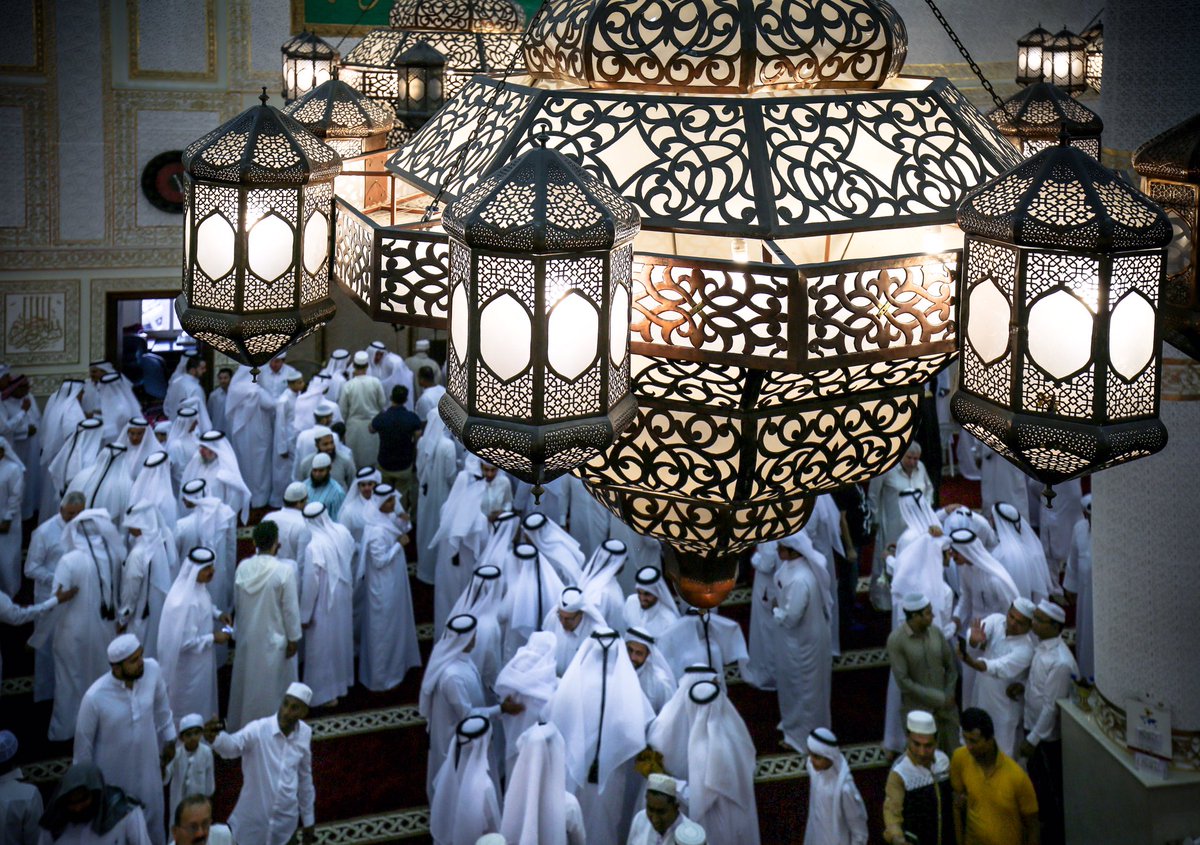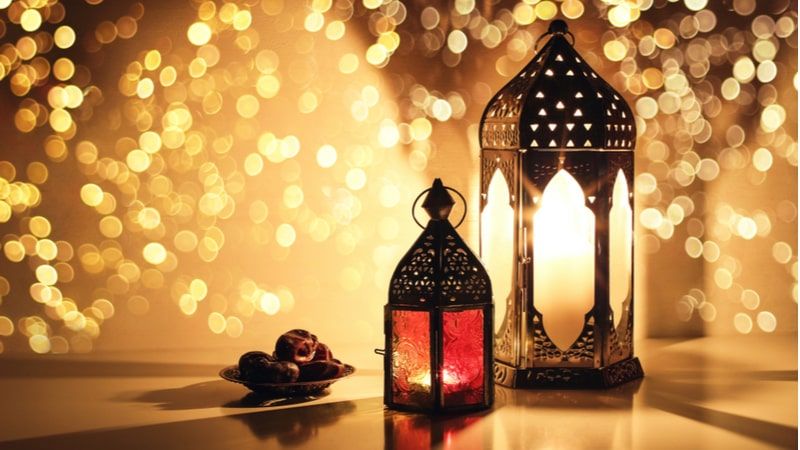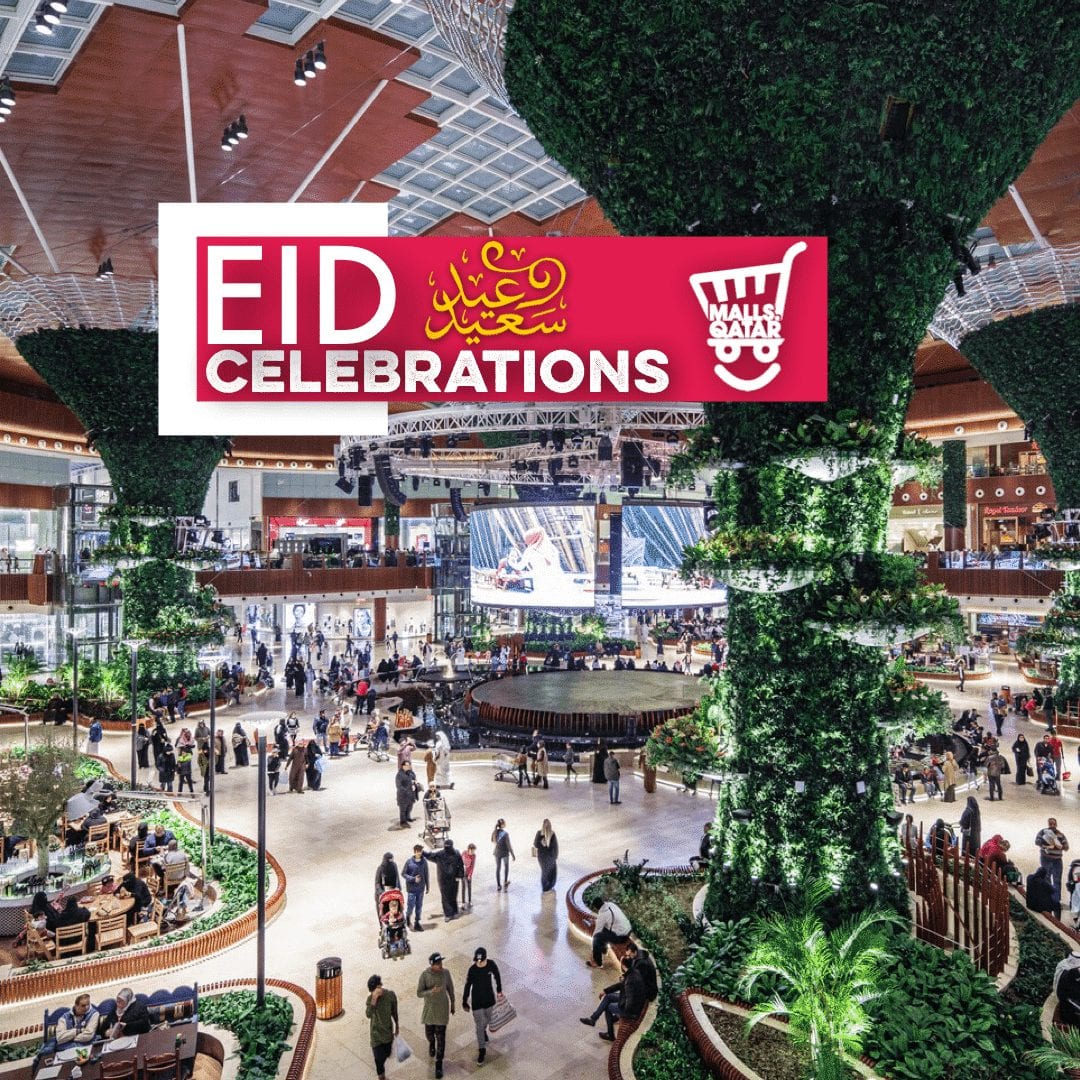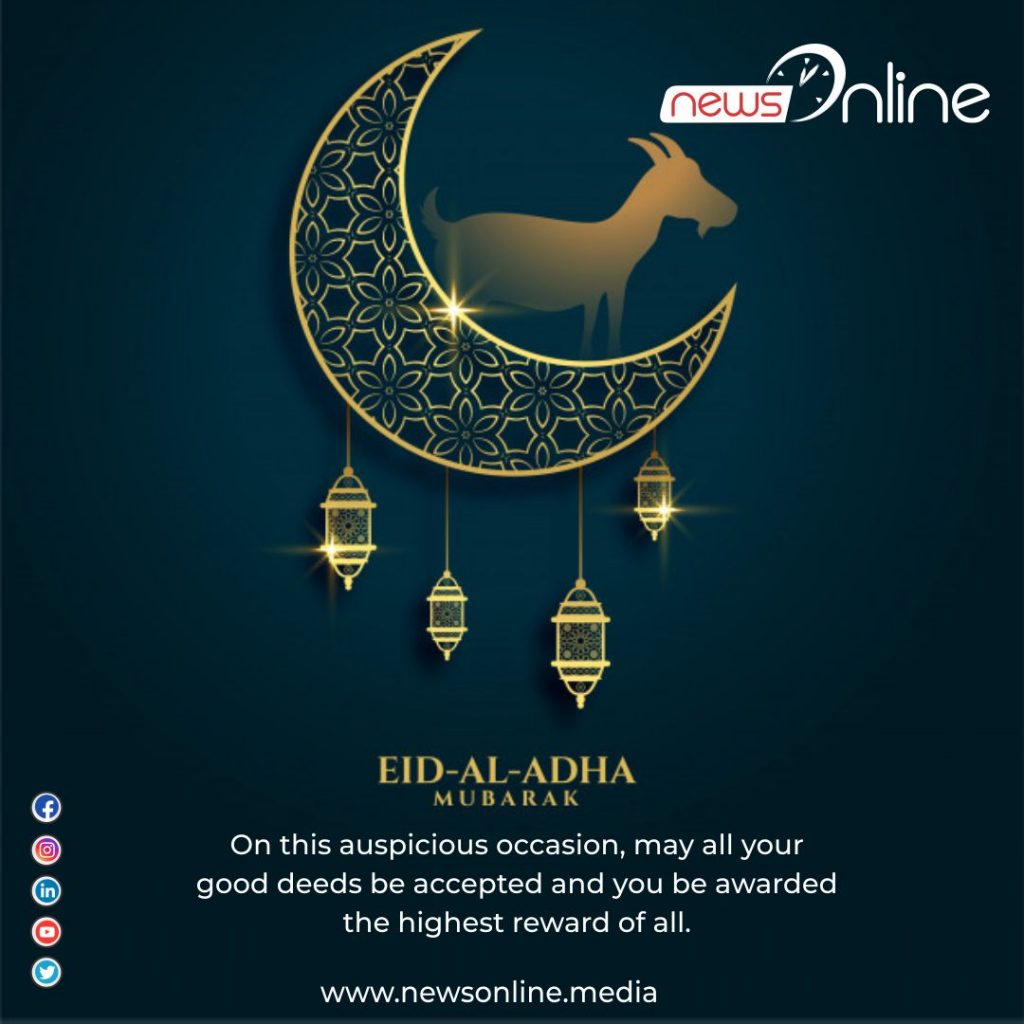Eid al-Adha 2025 in Qatar: A Celebration of Faith, Family, and Generosity
Related Articles: Eid al-Adha 2025 in Qatar: A Celebration of Faith, Family, and Generosity
Introduction
With enthusiasm, let’s navigate through the intriguing topic related to Eid al-Adha 2025 in Qatar: A Celebration of Faith, Family, and Generosity. Let’s weave interesting information and offer fresh perspectives to the readers.
Table of Content
Eid al-Adha 2025 in Qatar: A Celebration of Faith, Family, and Generosity

Eid al-Adha, the "Festival of Sacrifice," is a significant religious holiday observed by Muslims worldwide. In Qatar, a nation deeply rooted in Islamic tradition, the celebration holds immense cultural and spiritual importance. This article delves into the significance of Eid al-Adha in Qatar, exploring its historical context, customary practices, and the unique atmosphere that permeates the country during this joyous occasion.
Historical Context:
Eid al-Adha commemorates the willingness of Prophet Ibrahim (Abraham) to sacrifice his son, Ismail, as an act of obedience to God’s command. Ultimately, God provided a ram to be sacrificed in Ismail’s place, signifying the ultimate sacrifice and the profound bond between humanity and the Divine. This story serves as a powerful reminder of the importance of faith, submission, and selflessness.
In Qatar, as in many Muslim-majority nations, Eid al-Adha is a deeply ingrained part of the cultural fabric. It is a time for families and communities to come together, reaffirming their faith and celebrating the shared values of generosity and compassion.
Observances and Traditions:
The celebration of Eid al-Adha typically spans four days, commencing on the tenth day of the Islamic month of Dhul Hijjah. The highlight of the festivities is the sacrificial ritual, where Muslims, if financially able, offer a sacrifice of an animal, usually a sheep, goat, camel, or cow. The meat is then divided into three portions: one for the family, another for the needy, and the third for distribution amongst friends and neighbors. This act of sacrifice embodies the spirit of generosity and sharing that defines the holiday.
In Qatar, the government plays a significant role in facilitating the sacrificial process, providing designated slaughterhouses and ensuring the distribution of meat to those in need. This ensures that the sacrificial ritual is performed with utmost respect and hygiene, while also promoting social responsibility.
Social and Cultural Significance:
Beyond religious observances, Eid al-Adha is a time for joyful gatherings, family reunions, and strengthening community bonds. Qatari families often visit relatives and friends, exchanging gifts and sharing traditional delicacies. This festive atmosphere is palpable throughout the country, with mosques adorned with vibrant decorations and streets filled with the sounds of laughter and greetings.
The social significance of Eid al-Adha extends beyond familial gatherings. It is a time for forgiveness, reconciliation, and strengthening community ties. The holiday encourages Muslims to reach out to those in need, fostering a spirit of compassion and empathy.
Unique Aspects of Eid al-Adha in Qatar:
Qatar’s unique blend of modernity and tradition creates a distinct atmosphere during Eid al-Adha. While the core observances remain consistent with Islamic tradition, the country’s rapid development and global outlook have introduced new elements to the celebrations.
For example, the rise of social media has created new avenues for connecting with loved ones, sharing greetings, and participating in online discussions about the holiday’s significance. Additionally, Qatar’s vibrant culinary scene has led to the emergence of innovative dishes and unique interpretations of traditional Eid delicacies.
Economic Impact:
Eid al-Adha has a significant economic impact in Qatar, boosting retail sales, travel and tourism, and the hospitality sector. The demand for goods and services, particularly clothing, food, and travel packages, increases significantly during the holiday period. This economic activity contributes to the overall prosperity of the nation.
FAQs on Eid al-Adha in Qatar:
1. When is Eid al-Adha celebrated in Qatar?
Eid al-Adha is a lunar calendar holiday, so its date varies from year to year. The exact date for Eid al-Adha 2025 will be determined by the sighting of the new moon. However, it is typically observed in the latter half of June or the beginning of July.
2. What are the key observances of Eid al-Adha in Qatar?
The key observances include:
- Prayer: Muslims perform special Eid prayers on the morning of the first day of Eid al-Adha.
- Sacrifice: Muslims who are financially able offer a sacrifice of an animal.
- Feasting and Sharing: Families and communities gather to enjoy special meals and share the sacrificial meat with the less fortunate.
- Visiting Family and Friends: Eid al-Adha is a time for strengthening social bonds through visits and gatherings.
3. How do people in Qatar celebrate Eid al-Adha?
Eid al-Adha celebrations in Qatar involve:
- Decorating Homes and Mosques: Homes and mosques are adorned with vibrant decorations.
- Wearing New Clothes: Many people wear new clothes to mark the occasion.
- Exchanging Gifts: Families and friends exchange gifts and sweets.
- Attending Social Gatherings: People attend social gatherings, including family reunions and community events.
4. What are some of the traditional dishes served during Eid al-Adha in Qatar?
Traditional Eid dishes in Qatar include:
- Machboos: A flavorful rice dish with meat and spices.
- Ghuzi: A slow-cooked lamb dish with rice and nuts.
- Harees: A porridge made from wheat and meat.
- Luqaimat: Sweet dough balls dipped in syrup.
5. Are there any special events or activities held during Eid al-Adha in Qatar?
Yes, Qatar often hosts special events and activities during Eid al-Adha, such as:
- Cultural Performances: Traditional music and dance performances are common.
- Fairs and Festivals: Fairs and festivals offer entertainment, food stalls, and family-friendly activities.
- Community Events: Various community organizations organize events such as charity drives and blood donation campaigns.
Tips for Celebrating Eid al-Adha in Qatar:
- Respect Local Customs: Be mindful of local customs and traditions. Dress modestly and avoid public displays of affection.
- Learn Basic Arabic Phrases: Learning a few basic Arabic phrases can enhance your interactions with locals.
- Attend Eid Prayers: Attending Eid prayers is a significant part of the celebration.
- Engage with the Local Community: Participate in community events and interact with locals to experience the true spirit of Eid al-Adha.
- Explore Qatari Culture: Take the opportunity to explore Qatar’s rich cultural heritage by visiting museums, historical sites, and traditional markets.
Conclusion:
Eid al-Adha in Qatar is a celebration that transcends religious boundaries, uniting people from all walks of life in a spirit of joy, generosity, and shared values. It is a time for families and communities to come together, reaffirm their faith, and celebrate the profound significance of sacrifice and compassion. By understanding the historical context, customary practices, and unique aspects of Eid al-Adha in Qatar, visitors and residents alike can fully appreciate the beauty and meaning of this cherished holiday.








Closure
Thus, we hope this article has provided valuable insights into Eid al-Adha 2025 in Qatar: A Celebration of Faith, Family, and Generosity. We appreciate your attention to our article. See you in our next article!
